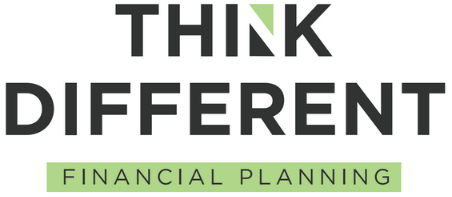David Swensen, manager of the Yale endowment and titan of the investing world, passed away last week. While he was unknown to most, he had a profoundly positive impact on the investments of institutions and individuals around the world.
His remarkable career is both interesting and informative for our own investment approach.
Career
At age 31, David Swensen began leading Yale’s endowment. At that time its value was $1.3 billion. At the end of his 35-year career managing the endowment it had grown to $31.2 billion, returning 13.1% per year (through June 30, 2020).
He is most well known for popularizing the “Yale Model,” which is how he managed the college’s endowment. What made this approach unique was that it allocated only a small amount to traditional U.S. stocks and bonds and more to “alternative” investments. “Alternatives” is a broad term that can include venture capital, private equity, hedge funds, private real estate, and other complex strategies. The thought was that the endowment should favor “alternative” assets that might provide additional return because they can’t be readily traded like stocks and bonds.
The investment approach optimizes around Yale’s natural advantages: a huge amount of capital to invest, connections to the upper echelons of the investment community, an amazing reputation as a patient investor, and an infinite timeline.
While this portfolio approach works well for Yale, the average individual does not have these advantages. To address that, David Swensen wrote Unconventional Success to outline how individuals, not endowments, should invest.
Lessons
Don’t Try to Copy Yale
Despite relying heavily on alternative investments, David Swensen discouraged individuals from trying to replicate his approach. He recommended low-cost passive investment funds, believing that the stock market is too efficient to benefit from active management.
Time Is Your Friend
One of Yale’s comparative advantages was their indefinite timeframe. While individuals don’t quite have an investment horizon to match Yale, they at least have a few decades. With that in mind, focus on long-term time horizons of at least 5+ years. The longer your investment timeframe, the higher the chance the investment will have a positive return.
Diversify
Despite having connections to some of the most exclusive investors in the world, Yale’s diversified across many investment managers and strategies. We should spread our bets too.
Subscribe
Join Our Newsletter
Sign up to receive an email when new articles are posted.
